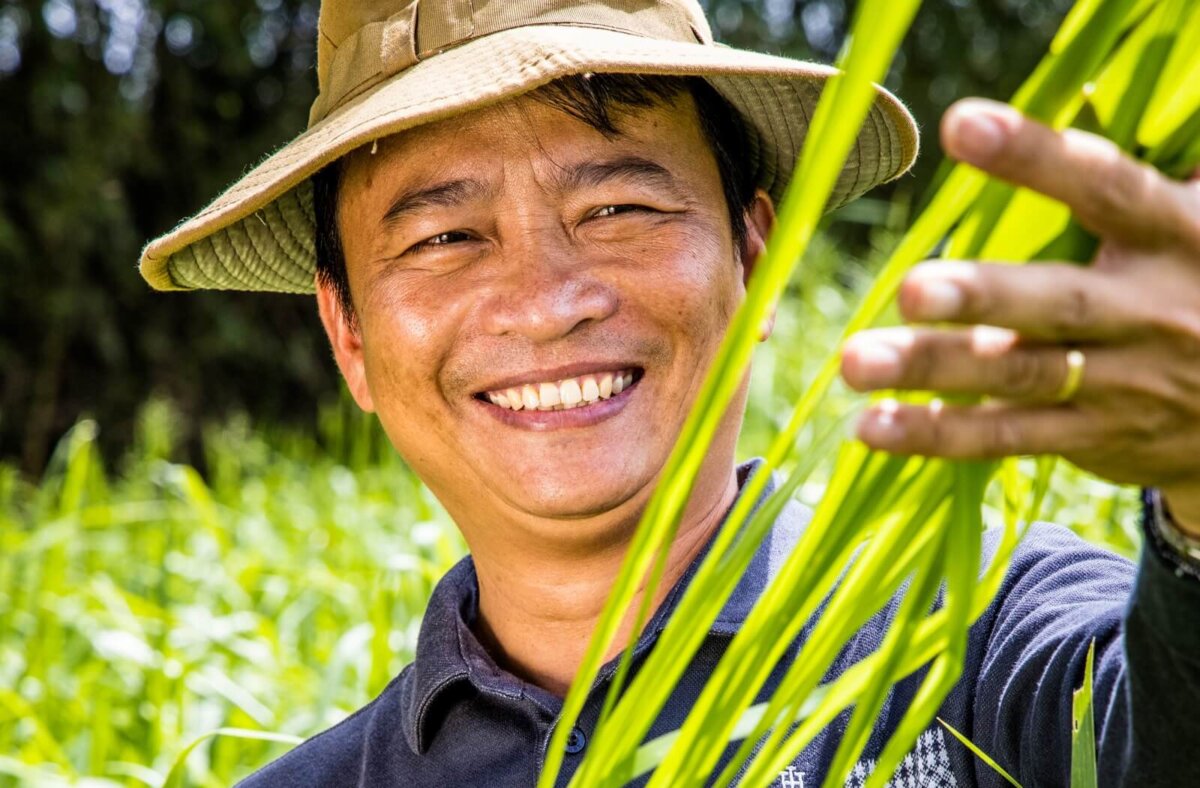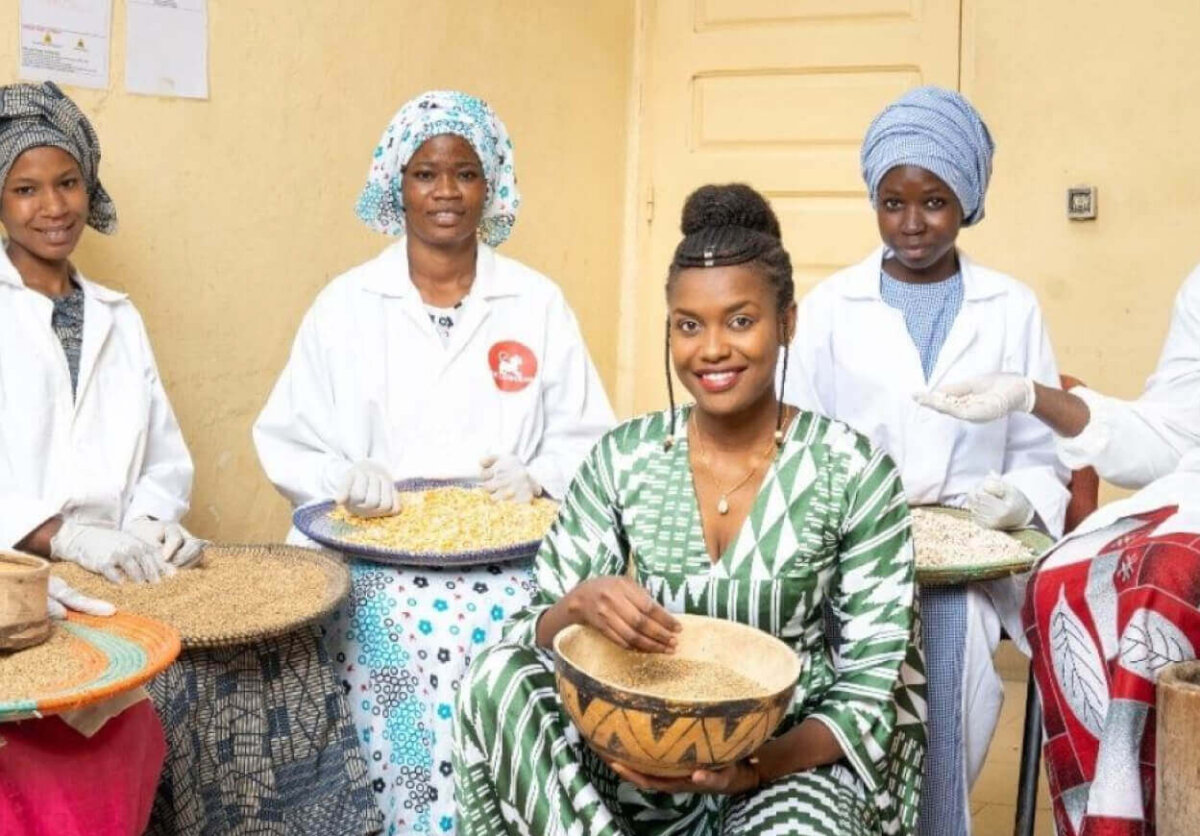- Projects
- Dealing with waste management in the capital of Tanzania

PUM supports against a background of major global challenges, which co-determine the business climate for SMEs. Among these are climate change and its impact on the environment. For example, the population in Tanzania and its capital is increasing very fast, hence the amount of waste is growing by the day. But the capacity and knowledge to deal with this waste is still very low. PUM expert Emiel Huijbregts collaborated with the Community Development Organization RECODO on how to develop affordable recycling solutions for plastics and paper waste.
The Community Development Organization RECODO is an NGO in Tanzania dealing with different activities, main focus being environment protection, water and sanitation. They work closely together with their partner the Buguruni Development Organization (BUDEO). The capacity and knowledge in the country to remove waste from the environment are very low. RECODO and BUDEO are striving to close this gap, and aim for innovative solutions that will keep Dar es Salaam and Tanzania clean. PUM was contacted for strategic advice on solutions for sustainable waste management.

Online advice
PUM expert in Waste & Environment, Emiel Huijbregts, started with a remote advice. He gathered data and informed the RECODO management about possible waste disposal solutions. He focused on recycling solutions for plastics and paper waste and gave advice on a strategic plan, including affordable machinery and technologies. The information and conclusions were the basis for a visit.
Collaboration on different levels
During his visit, Emiel together with RECODO and BUDEO visited various stakeholders in the process of waste management. He explains: “We visited the government, the collectors, the sorters, the recyclers and the producers of end-products. We held several brainstorm sessions with all parties involved resulting in the following areas of concern: lack of money to get the waste system off the ground properly; lack of education and information; insufficient collaboration between the stakeholders; not enough knowledge about setting up a structural plan of action.”
Complex issue
Because of the different stakeholders involved, the poor infrastructure, households without waste containers, low payments, lack of monitoring, and corruption at various levels, it is very complicated to set up a properly functioning system. At this moment, no such system exists for collecting, sorting and recycling waste. As a result, almost all collected waste is dumped on the so-called ‘dump hole’. About 1,600 people live on the landfill site and dig into the waste with their bare hands every day to extract something valuable from it, mainly metals. Emiel comments: “We visited the dump hole and met the garbage pickers. Although there are governmental guidelines, there is no control and therefore a lot of hospital waste. As a result, the garbage pickers run great risks of infections and diseases. We also visited a private initiative for both collection and sorting. Afterwards, we have made a sketch of what a sorting plant connected to the dump hole could look like: simple in design but sufficient to be able to take a first step forward.”
Systematic approach
PUM Sector coordinator Robert van der Ouderaa concludes: “There is a lot of work to do in establishing a stable first part of the chain. Only after that, the next step towards recycling can be taken. PUM shares expertise and knowledge at several levels of this integrated approach. First of all efficient, clear information and communication towards households, parallel with setting up a working waste system for both collection and sorting. Only after that, an action plan for recycling can be drafted. This should include legislation, mandating the percentage of reuse in the production of new products; and a tax policy, making polluters pay and rewarding good behaviour.”




